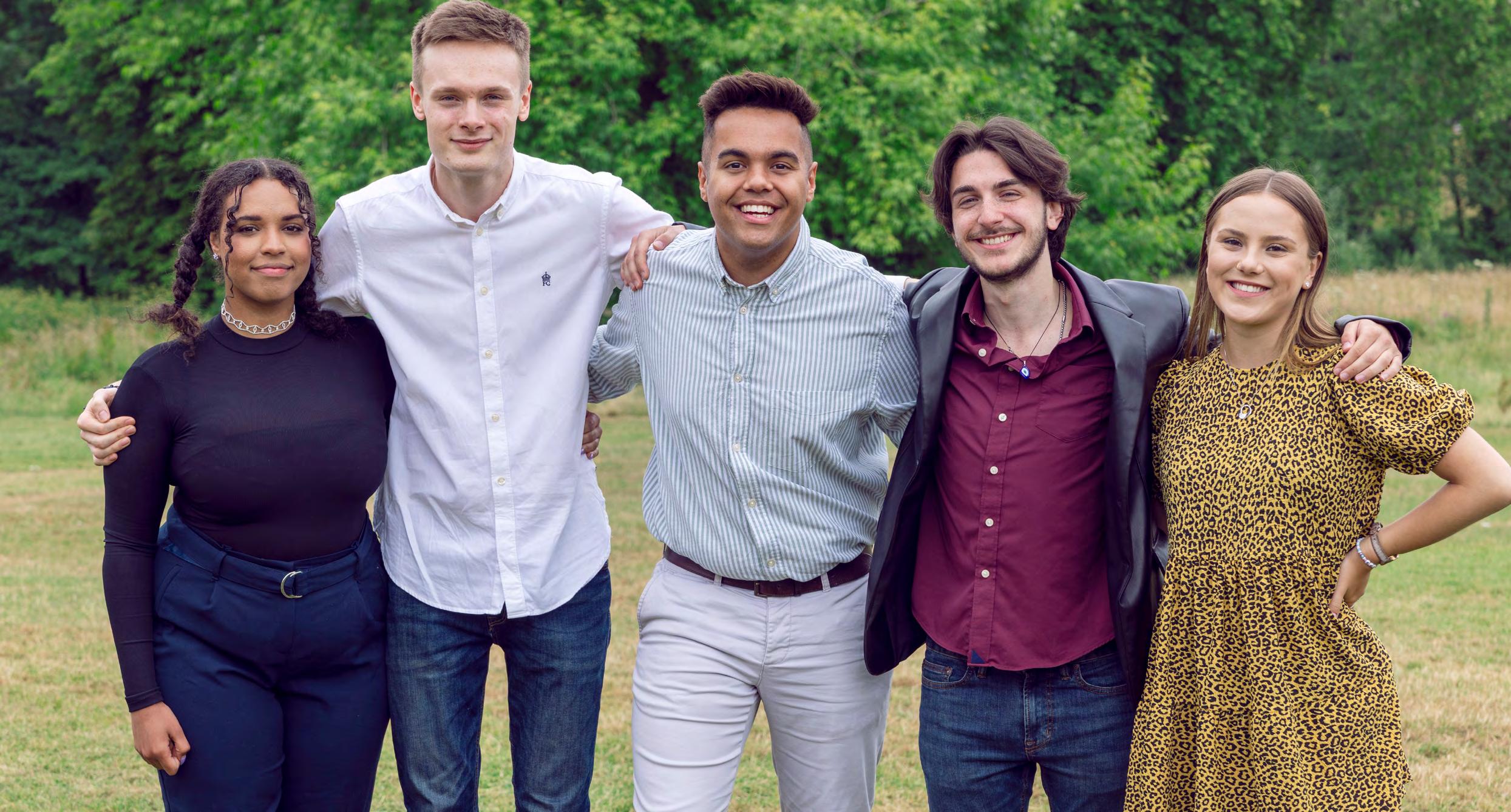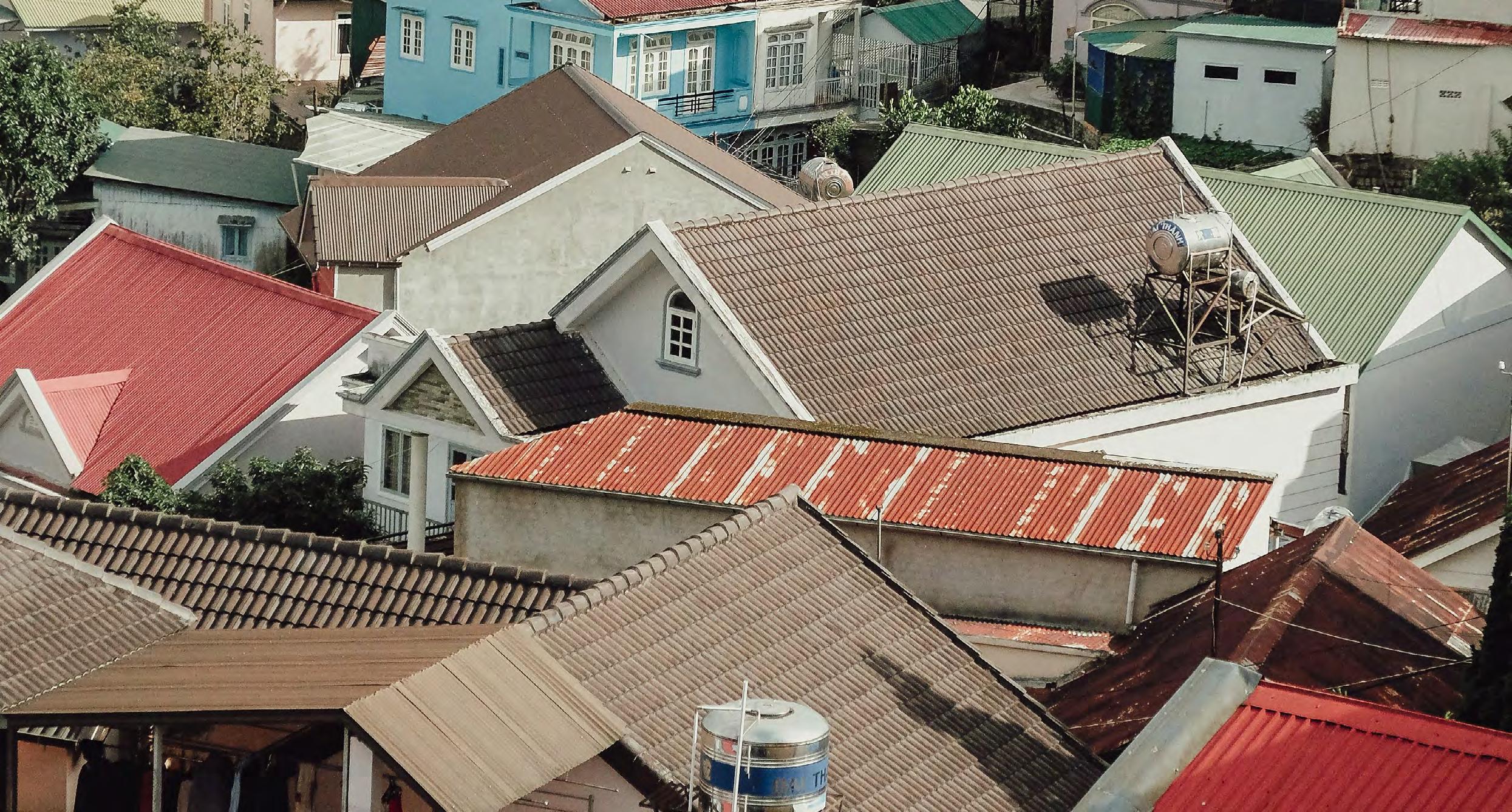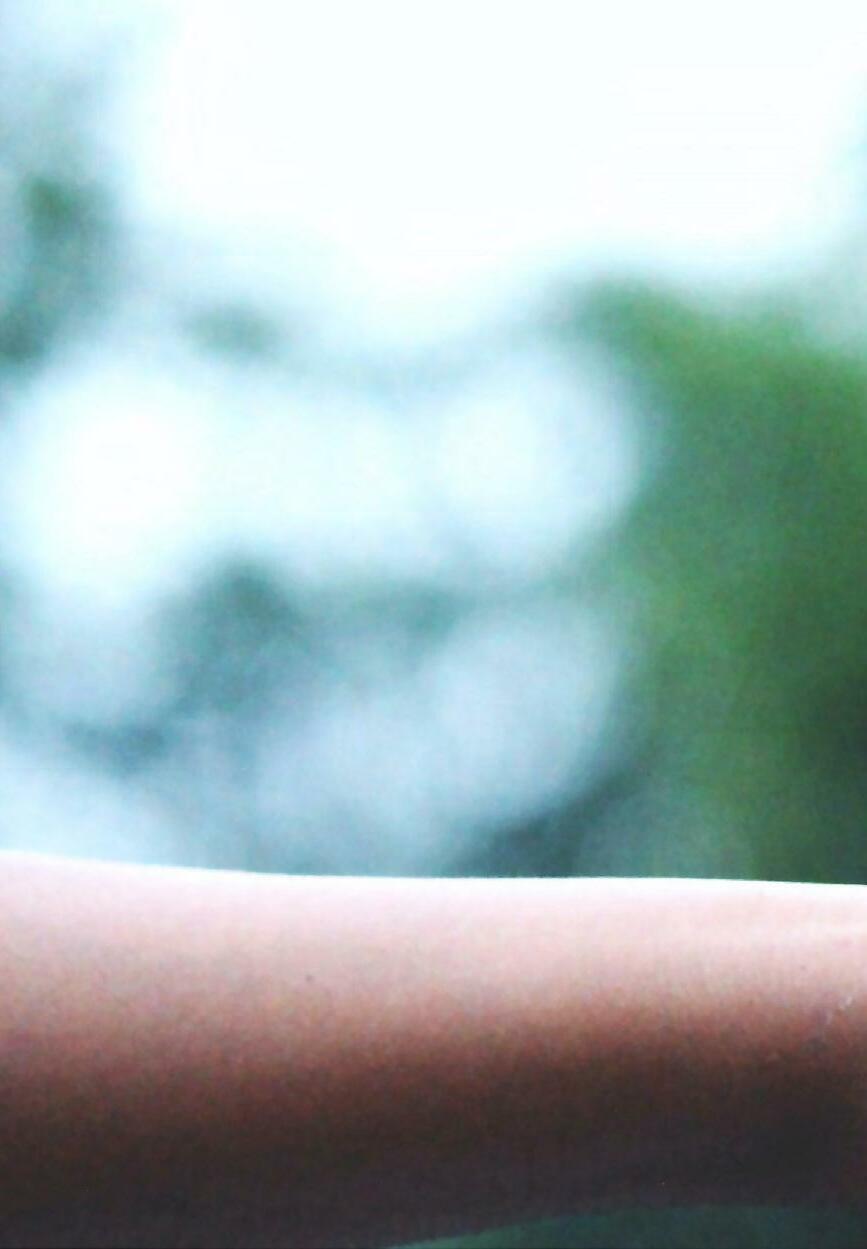




As the new Officer team, we have agreed on several priorities we want to focus on for the upcoming year.
We want to ensure that stakeholders across the university and Reading have a good understanding of what we want to focus on as a team, the type of projects we want to work on and how stakeholders might be able to support and work with us to enhance the student experience.
We hope you will feel as excited as we are about being part of having a meaningful and positive impact on the student experience this year, and beyond.
A headline priority for the team this year is the cost of living. We have identified five areas that we can work within as we seek to address some of the issues students are facing with the rising cost of living:

• Food Costs
• Housing & Energy Bills
• Free & Discounted Events
• Welfare & Advice Support
• Academic Course Costs
As a students’ union, in the last couple of months, we have increased the capacity of our money advice offer. On events, we have made our wristbands free, giving students the option to choose which events to attend (some free and some discounted) rather than paying a large amount for a wristband and not being able to attend all events.
As we work on the five key areas, we will encourage wider feedback from students on how best we can support them, and we will be working with the university to continue improving what we can both offer.
We will publish a list of actions that we are taking forward as a students’ union and will send a list of recommendations to the university.
Housing is the largest expense for students and is key to a student’s overall experience at university. However, much of the housing stock does not reach the standard it could. The issues students are facing in relation to housing include landlords illegally withholding deposits, awful living conditions, lack of understanding around legal protection, confusing and conflicting information with student private housing compared to halls, and housemate legal difficulties.
We recognise that there is lots of support and advice in the housing area and we want to work on streamlining and supporting students to access these housing-related services. We want to improve the sense of belonging our students have in Reading which, we believe, will have a direct impact on students’ well-being.
As we embark on the academic year, we’ve identified some headline focus points for housing.

In collaboration with Portsmouth SU, we submitted written evidence to the Committee on Levelling Up, Housing & Communities. The evidence focussed on several questions posed by the committee on the ‘A Fairer Private Rented Sector’ White Paper. Many of the reforms of this paper will have a positive benefit on students and we wanted to make sure this perspective was given in the inquiry. We provided a student voice on topics such as Section 21 notice evictions, blanket bans on renting to students, and the private rented sector has its own ombudsman.
This submission is a fantastic starting place for our mission on housing, and we hope to use it as a springboard to inspire further action on behalf of the university and RUSU. The power of lobbying the local council and government is essential in creating action and providing a better living experience for University of Reading students.
We hope the Committee will accept our evidence and publish it shortly.
We recognise that there is a lot of information out there for students in terms of advice around housing and renting. However, this can be problematic as students will tend to switch off if too much information is thrown at them. We don’t want this to be the reason why students are struggling with living standards and their rights as renters. Therefore, we are striving to create a housing portal which will be a ‘one-stop shop’ for all housing concerns.
We will work with Student Services, RUSU’s Advice Service and the RUSU Housing Advisor to provide:
• A comprehensive and up-to-date information on topics such as tenant rights, responsibilities, deposits, bills companies, and inventories.
We understand, from personal experience, that it can be entirely overwhelming moving from halls into private-rented sector at aged 19/20. Having recognised the gap in support between halls and moving into private-rented accommodation, we have made it a team priority to bridge this gap with our Housing Directory. This will be accessible and easy to use for all first-time renters.
We want to work with the University to make on-campus accommodation more affordable by making on-campus launderettes free for students and ensuring we advocate for students in decisions regarding rent, service and support offered.
We believe that the university should support its students living off-campus in the local community by providing community wardens, paid student ambassadors and more resource for university staff to help resolve issues students can experience off-campus. We will be working in partnership to continue supporting the university’s ‘Hello Neighbour’ campaign.
We feel that RUSU should be front and centre when advocating for students and we want to work with local authorities to ensure our students are getting the best out of the communities where they live, work and study. We aim to work with local authorities to:
• Ensure that enforcement powers in the private rented sector are being used in the most effective way so we can work in partnership to protect students from illegal landlords.
• Develop an HMO governance board. This will be a multi-agency partnership group which will oversee the Council’s work regarding the private rented sector. It will hold organisations to account and ensure the private rented sector is more regulated in the local area.
The second priority is to create a Reading Community Festival. This will be a fun opportunity for students to reconnect with Reading post-covid, right on the heart of campus. We want to connect students with the wider university and local community.

We believe that all students should be able find a part of themselves in Reading! This will include having a stage in the heart of campus, tents, and a map around the centre of Whiteknights for each area of Reading.
• Develop the festival and ensure that students’ views feed into its planning.
• Work with stakeholders to have a pop-up RUSU bar, entertainment and a space to showcase how students can get involved with leading their Students’ Union.
• Work with local community groups to ensure they can access space on campus and be part of the event.
We want the festival to be a space for students to meet the community and find out about all the exciting opportunities that there are around the town for students. There will be opportunity for students to highlight their sports and societies to fellow students, staff, and residents.

Finally, our team recognised that students could benefit from having a platform to speak about their individual academic interests and an opportunity to speak openly about their own personal experiences.
Whilst such platforms might currently exist at Reading, such as very successful School-Level projects (Arts at Foxhill) and larger university-wide initiatives such as the University Research Opportunities Placement (UROP), these opportunities are often limited by resource and open to only specific student groups. Therefore, we have set a goal to create a conference-style event that is open for all students to submit and contribute to.
Earmarked for early February, this space will be a chance for students to present their own topics and research in front of their peers. To theme the event, we have chosen the UN Sustainable Development Goals as our focus. These goals are broad enough for students from every school to relate their interests to whilst still making the summit organised and interesting.
As well as creating a space to talk about experience and interest, RUSSS has
several underlying principles and purposes, including giving students the opportunity to:

• Work in an interdisciplinary manner and a space to tell their own stories.
• Understand more about sustainability, issues around sustainability and the wider international commitments.
• Demonstrate interest in a specific topic or area (even if it’s not relevant to their degree).
• Come together as a student academic community.
• Develop relevant and employable skills (for example: public speaking, research, and networking).
• Produce posters and articles that can feature within a published work so that students can evidence their achievements (with the potential of having their article peer reviewed).
Overall, we hope this will be an incredibly beneficial opportunity for our students and a wonderful way for the University of Reading to showcase student talent.
We want to create a two-day student-led conference-style event where students can present their ideas and research. We plan to organise student speakers by the sustainable goal(s) they are linking to and whilst the bulk of presenters will be students, we also hope to invite at least a few expert guest-lecturers. For students who are not as keen on public-presentation, we would also like to get students to develop their own poster presentations that we can display throughout the summit.

Finally, we hope to create some form of published work that collates student summit poster submissions and gives students the space to produce their own articles relating to their presentations. Whilst it might not be possible to peer review the whole publication, we think that it could be incredibly valuable for some students to have
their articles peer reviewed by staff at the University of Reading (if they have expertise within the relevant area).
Whilst we are able resource this summit predominantly through RUSU, we want to work with the University to support the project with:
• University spaces for guest-speakers and presentations.
• Academic support to review research and pull together a publication.
• Career support for presentations and skills development.
We hope that professional services and academic staff will be keen to support us with this work and we welcome any ideas and suggestions that you may have about how to make this event a success.
We hope that this has given a more detailed overview of our priorities for this academic year and also conveys where the gaps are and the support that we’ll need as we seek to achieve our aims and objectives for the year ahead. All of our priorities are part of our wider role of supporting RUSU’s strategic ambitions over the coming years.





We look forward to working with you to help students at Reading have the best time in the year 2022/23 and beyond!
 JEM
JEM